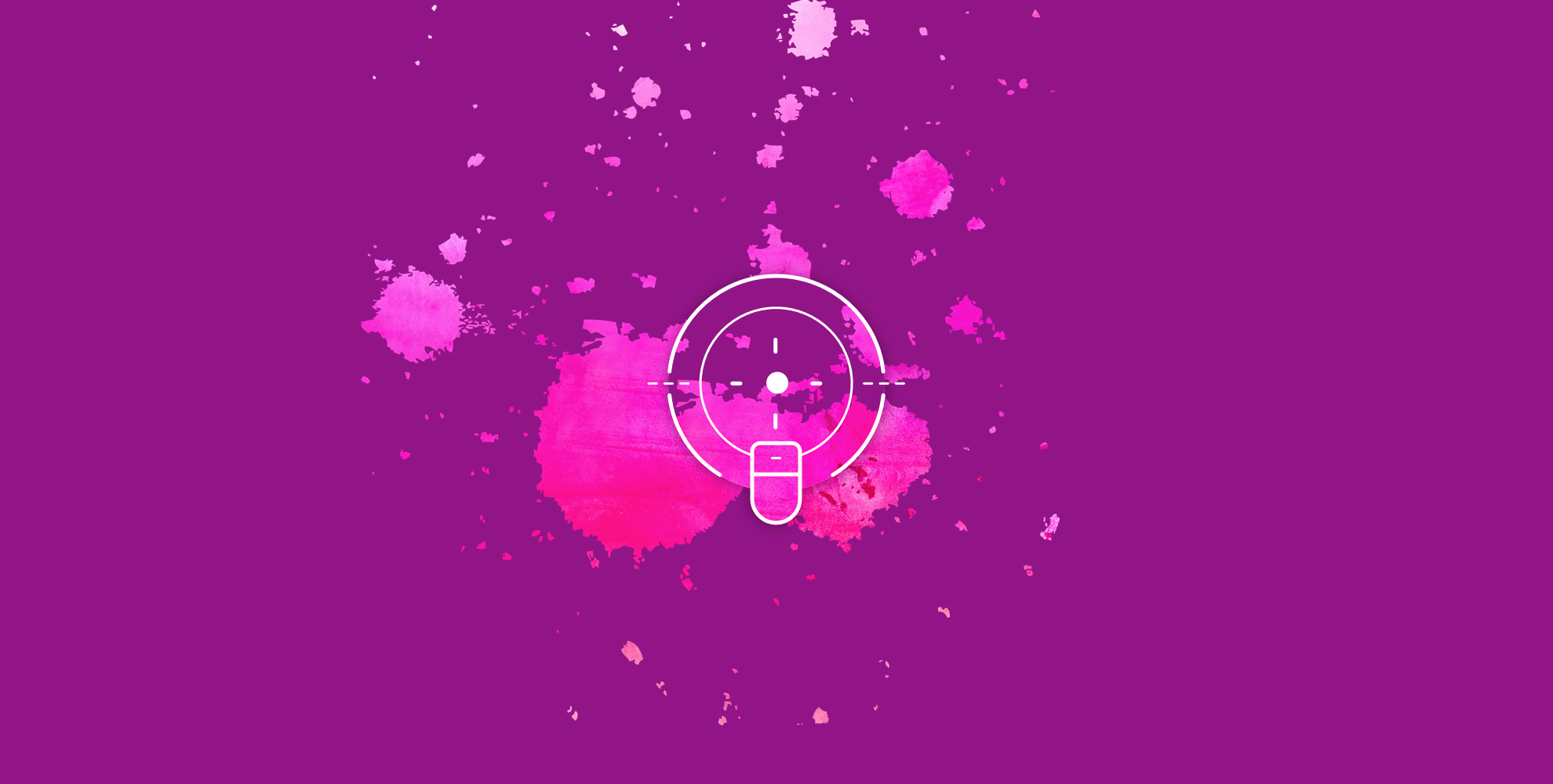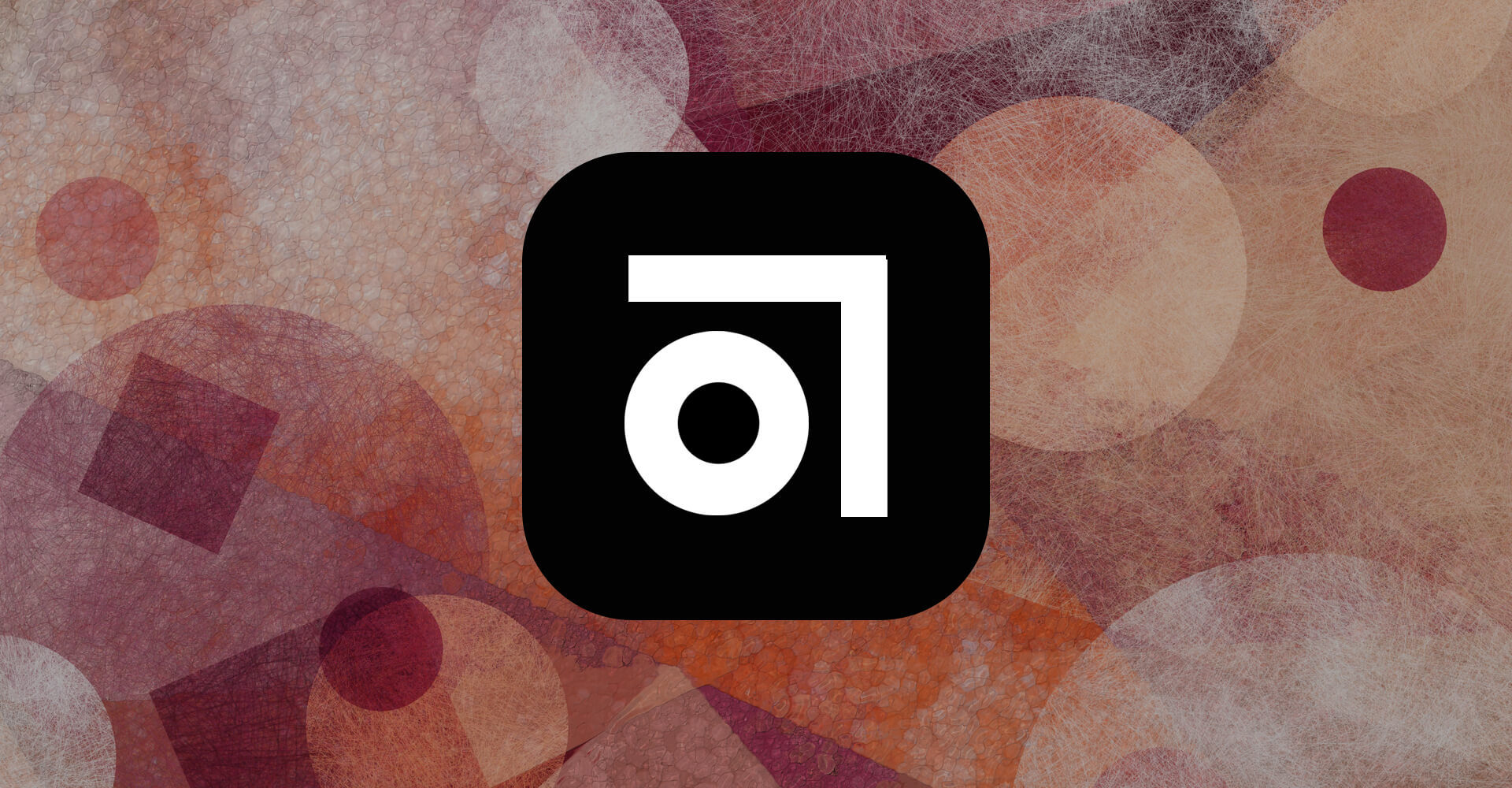To all articles in this guide >>
So by now you should have a pretty solid understanding of what a domain is, and also gave some thought as to what you want as your domain name.
Before we get into the action of buying a domain, let’s just quickly explain what a domain is made of.
A domain is…
memorable IP address.
You probably would never remember 54.239.17.6, right? But hey, you can remember amazon.com 🙂
A domain is made up of:
Up until about 10 years ago, you didn’t have much choice over your top level domain. You had to choose between buying a .com domain or .net .org or a country code top level domain like .fr, .de, etc.
In recent years the top level domain industry has blown up with hundreds of customized top level domain names. Athletes can buy .fit or .sport. Other top level domain names include .accountant, .academy, .wine, .photography, .club and many many more.
This can get a bit overwhelming and there are some really strange and interesting options (.pizza!) but for designers we have one clear choice: the all new .design domain name, which we’ve even got you an offer for it here. You can get it for only $5 for the first year!
It’s not just that .design is a HackingUI sponsor, there are some incredible teams using .design as well as tens of thousands of individuals: brand names include facebook.design, airbnb.design, booking.design, npr.design, medium.design. It has become quite popular in just the past year it has been available.
Now, to choose the right domain name.
“Yes, I have a website, you can find me at fhksdjlfhlakjshdflkajsdhfkljashdflakjshdfla.com”
Consider that you will want to be able to say your domain name to people in a way that they can remember it, and know how to write it in their URL bar as soon as you say it to them.
Good: greatux.com
Think again: great-ux.com
Can you guess why the second version is worse?
1. Dashes are a big no no. It’s hard to say them when you tell someone your domain and they just don’t look good.
2. Hopefully most people you tell your name to will understand UX as a concept, after all they should be looking for a UX designer. Still, consider if all your clients will even understand what UX is, will they confuse the ‘u’ with ‘you’ or the ‘x’ with ‘ex’? While this is not automatically a terrible domain name it illustrates that you want to pause and understand your goals and target market with your new site and develop your branding and domain name from there.
Here are some more examples of good and problematic domain names. Can you guess why each is good or bad?
Good: LondonGraphics.com
Think again: LondonGraphix.com
Shame, Shame, Shame: Intentional spelling mistakes are usually a big no no unless you’re a well funded Silicon Valley startup!
Possible solution: try another top level domain with your name,ike LondonGraphics.co.The reason that Lyft can get away with their misspelled name is that it’s an app (so you don’t need the URL much) and they have millions of dollars to market their misspelling.
_____________________
Good: sjo.design
Think again: SarahJaneOlson.com or SarahJaneOlsonDesign.com
It’s hard having a generic name and getting a good .com, that’s one reason all the new top level domains are very helpful.
Before you settle for a super long and clunky .com domain name, consider other options.
If your last name is hard to spell or has a variety of spellings (like Olson, Olsen, Ollsen …) then look for ways to shorten it.
Consider using a top level domain that adds context to your branding like .design or .io if your ideal .com is taken.
_____________________
Good: amazingpublishing.com
Think again: amazingpub.com
If you can shorten your domain name from your branding in a meaningful way (nyt.com for New York Times) do it! But if you lose the essence of what you do you run the risk of having a shorter domain that is not at all memorable.
_____________________
Bottom line:
The goal with your domain is to match the brand name you operate under or capture it in a succinct and memorable way. You want to distill who you are and what you do into the most efficient and memorable way possible.
Your domain should be so simple that a first grader that just learned to type can understand it, remember it, and not have any problems going later to a computer and typing it in the URL bar with no mistake.
If your ideal .com is available, get it. Few people are so lucky. Even if you decide to jump on the new trend of .design, .io, etc. you can always redirect or rest easy knowing you have your .com.
For designers, you should likely try to stay within .com, .design, .io. If you live in a country where your country code is used a lot (.fr, .ca, etc.) then consider this as well but remember you are branding yourself as French or Canadian rather than international, especially because Americans do not use .us and do not understand country codes!
Check Social networks too when choosing a domain
When checking for available domain names, make sure that the same social network usernames are available for you too.
It’s best to have all social networks the same.
For instance we have:
HackingUI.com
HackingUI on facebook
@HackingUI on facebook
But on Instagram we had an issue and we’re @Hacking_UI, which was not a deal breaker for us but it does cause us some pain as we were so close to being entirely consistent!
So… make sure you have all aliases the same. If you can. Otherwise deal with the consequences.
So now it’s action time. Ready?
Time to get you a domain name
We’re working with we.design and highly recommend them. They are also giving you – our readers – an amazing offer for a .design domain:
They also have a great hosting service so you can buy the hosting there as well, it will be easy to manage your domain and hosting in the same place and they easily allow you to do redirects and connect with website services like Wix and Squarespace.
We also like and have used Namecheap in the past and can recommend them as well.
This article was part 3 out of 5 in:The Beginner’s Guide to Establishing a Brand & Launching a Portfolio/ Website
- Intro: How websites actually work
- Choose a domain name that will strengthen your brand
- Technical tips when buying your domain name (and what mistakes to avoid)
- Creative ways to get a website up with no hosting or actual ‘website’ needed
- Bonus: Decided to put up an actual website? Here’s how you can do that ( buying hosting + connecting the pieces together)
Visit the cover page for this guide >>






